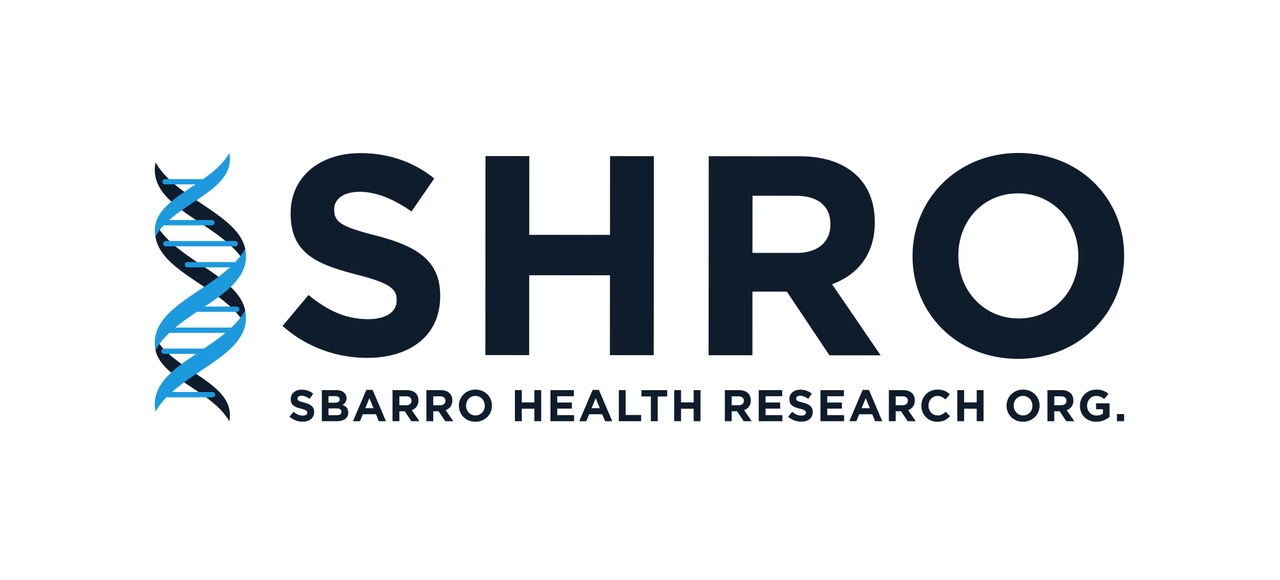Newswise — In a previous work the authors analyzed a large cohort of breast cancer patients to look whether an association existed between the risk of tumor development and the presence of the metabolic syndrome — a syndrome that predisposes to cardiovascular and other diseases, which is characterized by abdominal obesity, high levels of triglycerides and low concentrations of HDL cholesterol, increased blood pressure and insulin resistance. The authors indeed found an higher prevalence of metabolic syndrome among women affected by breast cancer in postmenopause compared to healthy women. In the new study the scientists confirm their previous findings and expand on by zooming in the contribution of insulin resistance.
When tissues become resistant to the action of insulin — which occurs often in obese people — a balancing mechanism further increases insulin production leading to a chronic hyperinsulinemia. Such high insulin levels can be detrimental to the body because insulin not only regulates glucose metabolism but has more functions such as stimulating cell proliferation and survival. Therefore the continuous activation of insulin pathways can contribute to cancer development by fuelling cancer cell growth. Consistently, by analyzing a cohort of 410 patients and 565 healthy women, the researchers found that 49% of patients were insulin resistant compared with 34% of controls indicating that insulin resistance can indeed increase the risk of developing breast cancer. Most of the insulin resistant patients were postmenopausal but, interestingly, most of them had fasting plasma glucose and/or fasting plasma levels in the normal range. It was only through the application of the homeostasis model assessment of insulin resistance (HOMA-IR) that the authors were able to identify a subset of patients with a subclinical insulin resistance but an increased cancer risk.
The HOMA-IR method takes into account both fasting plasma glucose and fasting plasma levels and is widely used in epidemiological studies to determine insulin resistance.
Overall these findings, were coordinated by dr. Antonio Giordano, Director of the Sbarro Institute for Cancer Research and Molecular Medicine at Temple University in collaboration with the University of Siena and the National Cancer Institute of Naples “Pascale Foundation”, further support the hypothesis that metabolic syndrome, and particularly abdominal fat (waist circumference more than 88cm) and insulin resistance, can be considered risk factors for developing breast cancer after menopause. “Remarkably, HOMA-IR proves to be a promising tool for the identification of subclinical insulin resistance and to inform on breast cancer risk” says the leading author of the study, Immacolata Capasso, M.D. of the National Cancer Institute of Naples “Pascale Foundation”, Italy. “Powerful tools for primary prevention are needed to help focusing the efforts on modifiable variables, such as life style habits including food and drink consumption and physical activity, and reduce the tumor burden” says Francesca Pentimalli, PhD, of the Center for Oncology Research of Mercogliano (CROM), Italy and coauthor of the study.
###The Sbarro Health Research Organization Center for Biotechnology Research funds the Sbarro Institute for Cancer Research and Molecular Medicine, a leading nonprofit research center for cancer, diabetes, and cardiovascular disease. The Director of the Center is Antonio Giordano, M.D., Ph.D., an internationally known pathologist and geneticist. Based in Philadelphia, Pennsylvania on the campus of Temple University, SHRO programs train young scientists from around the globe.
Citations:
Homeostasis model assessment to detect insulin resistance and identify patients at high risk of breast cancer development: national cancer institute of Naples experience.Capasso I, Esposito E, Pentimalli F, Montella M, Crispo A, Maurea N, D Aiuto M, Fucito A, Grimaldi M, Cavalcanti E, Esposito G, Brillante G, Lodato S, Pedicini T, D Aiuto G, Ciliberto G, Giordano A.J Exp Clin Cancer Res. 2013 Mar 14;32(1):14. [Epub ahead of print]PMID: 23497533
Metabolic syndrome affects breast cancer risk in postmenopausal women: National Cancer Institute of Naples experience.Capasso I, Esposito E, Pentimalli F, Crispo A, Montella M, Grimaldi M, De Marco M, Cavalcanti E, D'Aiuto M, Fucito A, Frasci G, Maurea N, Esposito G, Pedicini T, Vecchione A, D'Aiuto G, Giordano A.Cancer Biol Ther. 2010 Dec 15;10(12):1240-3. Epub 2010 Dec 15.PMID:20935521
MEDIA CONTACT
Register for reporter access to contact detailsCITATIONS
Journal of Experimental and Clinical Cancer Research.
